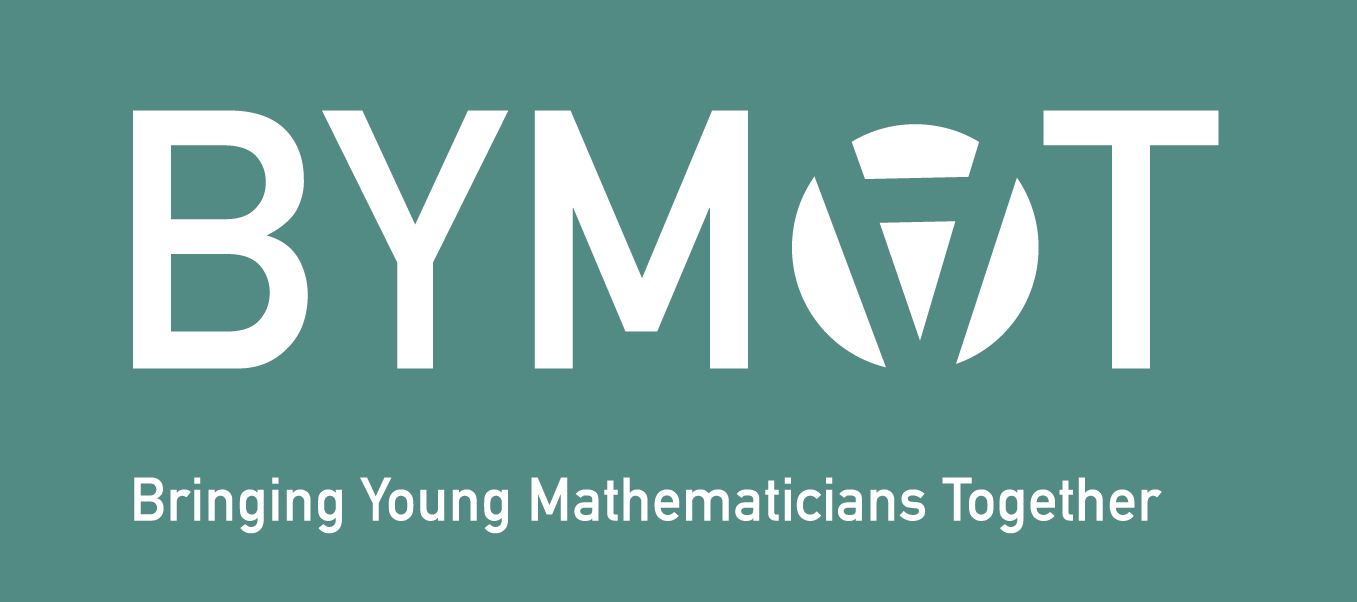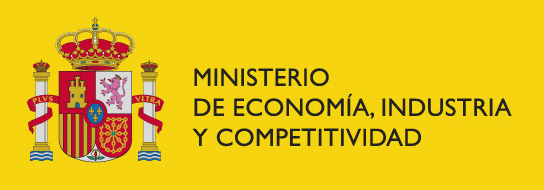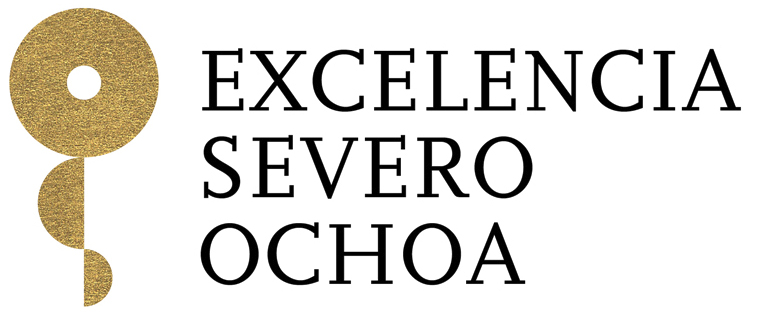Schedule

The complete list of parallel talks for each room can be found here
The book of abstracts can be downloaded here
Plenary Talks
- Ángel Castro (ICMAT-CSIC): Mathematical theory of incompressible fluids.
In this talk we shall present some equations related with the motion of incompressible fluids. Our interest will be focus on the study of the formation of singularities. There will be neither proofs nor estimates just an overview of some classical results concercing the regularity of incompressible flows and an presentation of the kind of problems we are dealing with.
- Mario García Fernández (ICMAT-UAM): Canonical metrics in complex geometry.
As in the case of smooth manifolds, complex manifolds are locally modelled on complex n-space and, consequently, they have no local invariants. A natural question is to ask whether a complex manifold admits a canonical metric, adjusted to the holomorphic structure and distinguished by natural conditions on the Ricci tensor, which endowes the manifold with a preferred shape. In this talk I will overview the history of this question, from the classical Uniformization Theorem on Riemann surfaces, to the modern theory of Kähler-Einstein metrics and Calabi-Yau manifolds, and its relation to the open classification problem of complex non-Kähler manifolds.
- Elisa Lorenzo (Université de Rennes 1): On primes of bad reduction for CM curves of genus 3.
Elliptic curves (curves of genus 1) are behind many crypto-systems: we can find them in the Spanish electronic ID, in the encryption of WhatsApp conversations, in the security of bitcoins, etc. In this talk we will discuss the construction of useful curves of genus 3 for cryptography. Besides the multiple applications described before, in this talk we will mainly focus on the theoretical aspects of the construction of these curves.
- Carlos Palazuelos (ICMAT-UCM): Connections between tensor norms and physical models.
In this talk we will explain how the theory of tensor norms in Banach spaces appears naturally in the study of different physical models. This will motivate us to look at some problems in the theory of Banach spaces and in this talk we will present some recent results about them.
- Alberto Torres Barrán (ICMAT-CSIC): Faster SVM hyper-paramater search via conjugate SMO.
Conjugate Gradient Descent is a classic acceleration technique that is able to improve the convergence of Gradient Descent by adding a momentum term. In this work we review the classic optimization theory and explore adding the same momentum term to the SMO algorithm, which is the state-of-the-art solver for both non-linear SVC and SVR. Experiments comparing standard SMO and Conjugate SMO are carried out, both in terms of iterations and execution time. We also try to get insight on what type of problems the conjugate version is able to obtain a meaningful advantage. Finally we explore a hyper-parametrization setting, where we care not only about solving a single model but also about searching for the best C, gamma and epsilon values in a grid.
Roundtable discussion: “Life after a PhD in Maths”
- Miguel Domínguez (Marie Skłodowska-Curie fellow at ICMAT-CSIC)
- Marta Lamela (Data Scientist BBVA Data & Analytics)
- Javier Martín Hernández (Aeroengy)
- Carlos Martín Vide (European Research Council Executive Agency, ERCEA)
- Carlos Vinuesa (I.E.S. Villa de Valdemoro)
- Manuel de León (Research professor at ICMAT-CSIC)
Communication Skills Workshop
- Juan Gómez (Head of Communication and Public Relations, COTEC)
Project Management Workshop
- Victoria Ley (Head of the Coordination, Evaluation, and Scientific and Technical Monitoring - National Research Agency)
Social Event
We will go to Escape College Madrid on Monday evening (two turns - 8pm/9.30pm), and Oamthong restaurant on Tuesday evening (9pm). 15€ each - sign up for either or both on Monday!
Parallel sessions
Short talks (20-25 minutes) are distributed in thematic parallel sessions.







